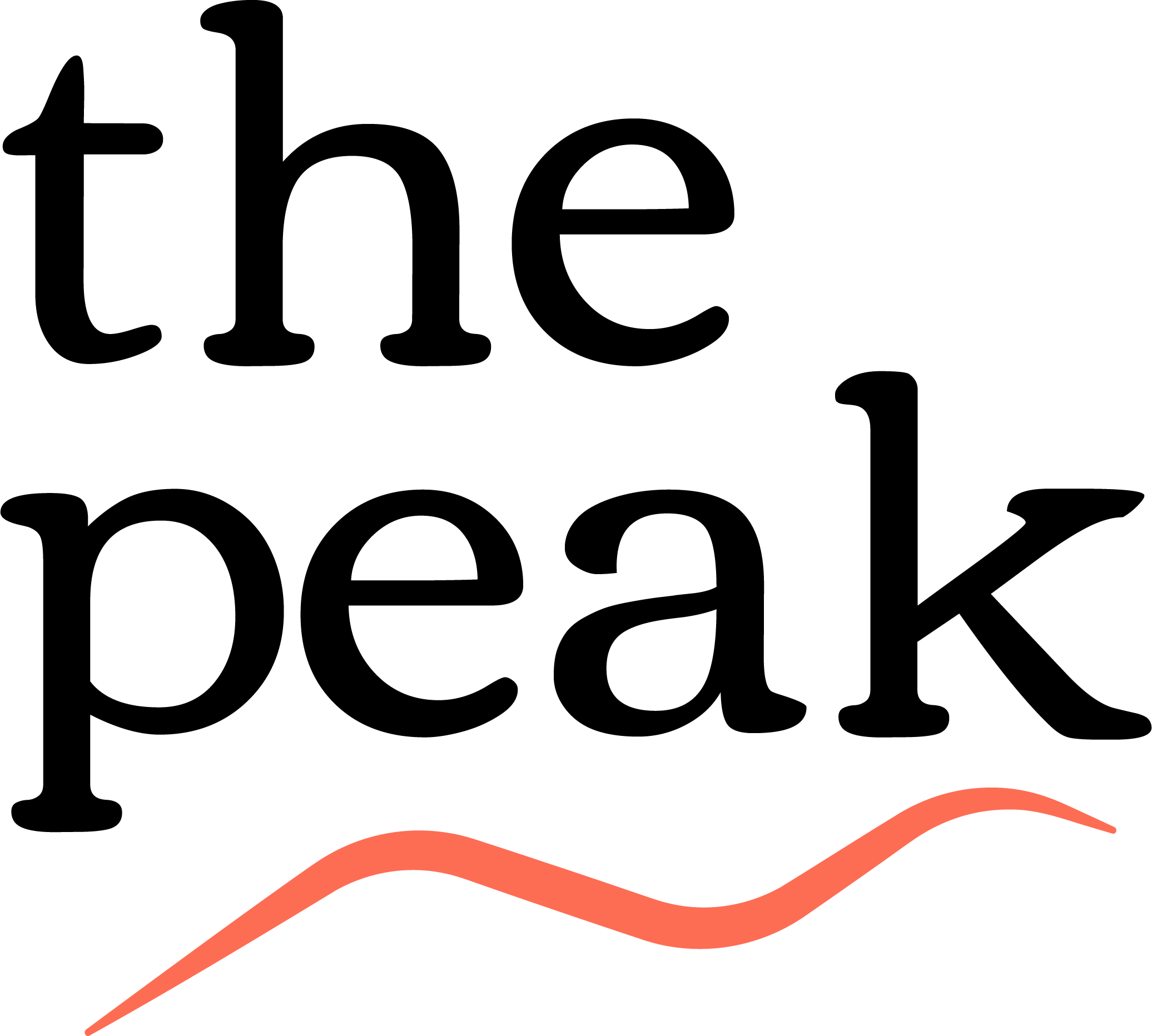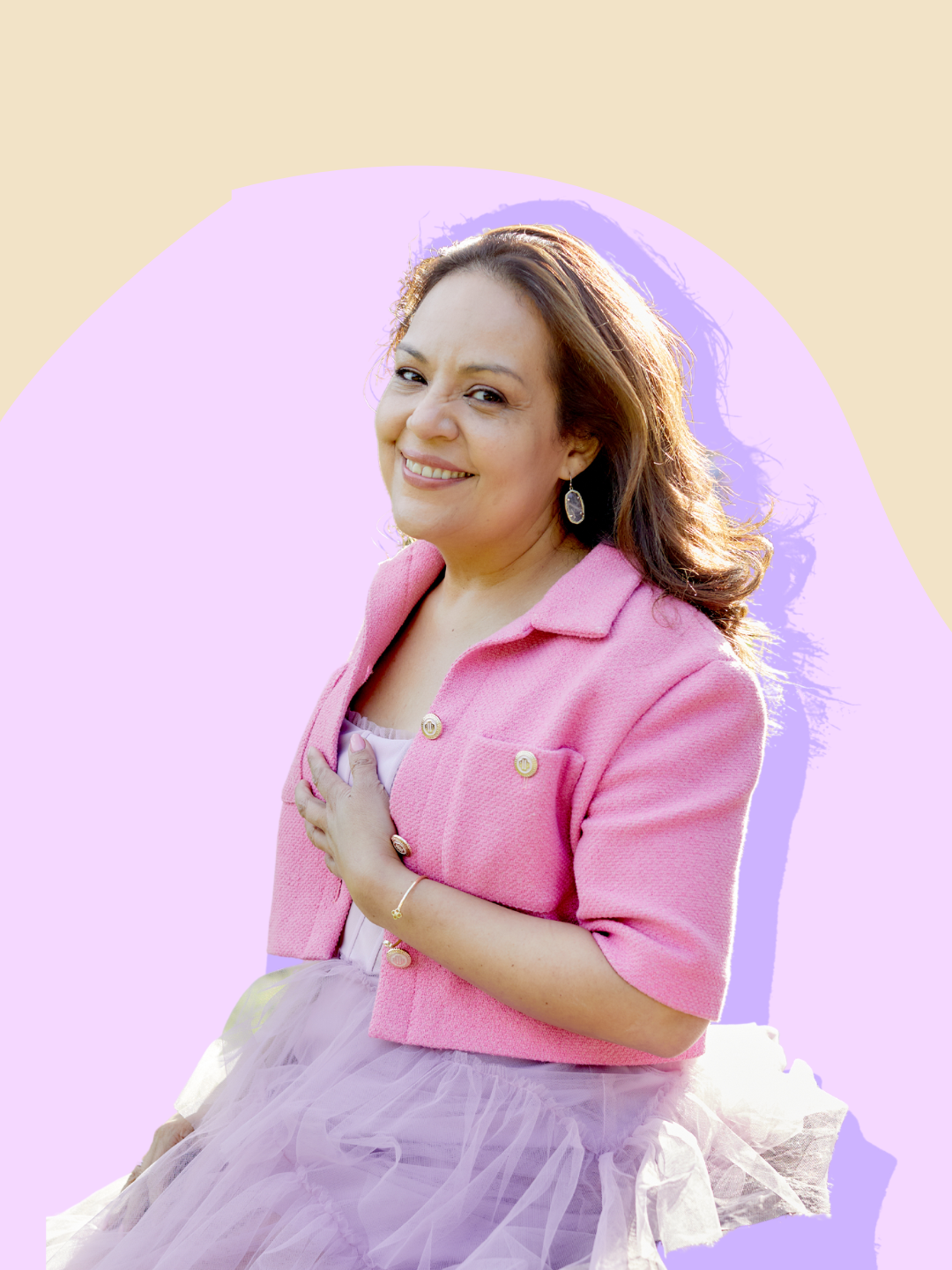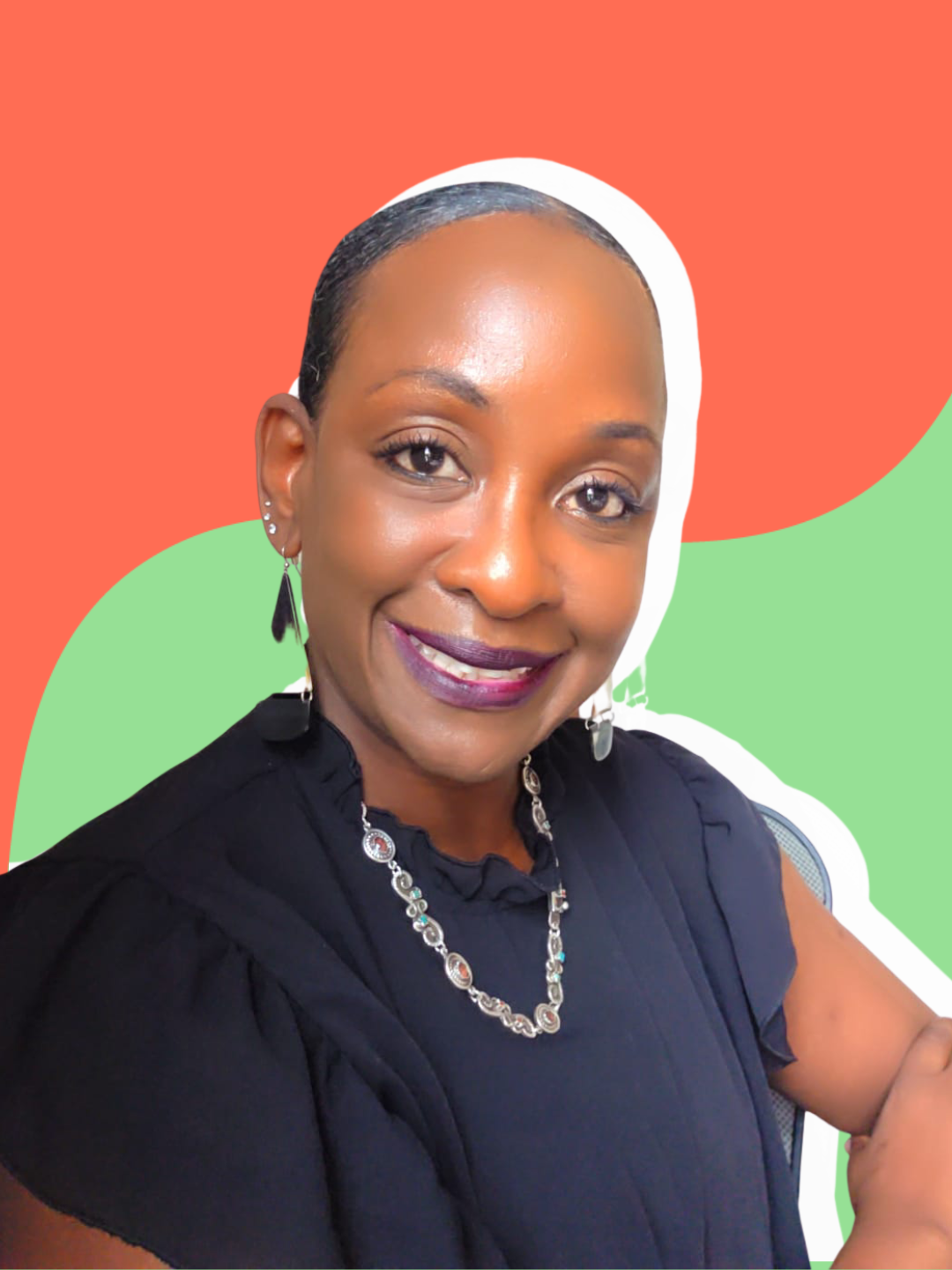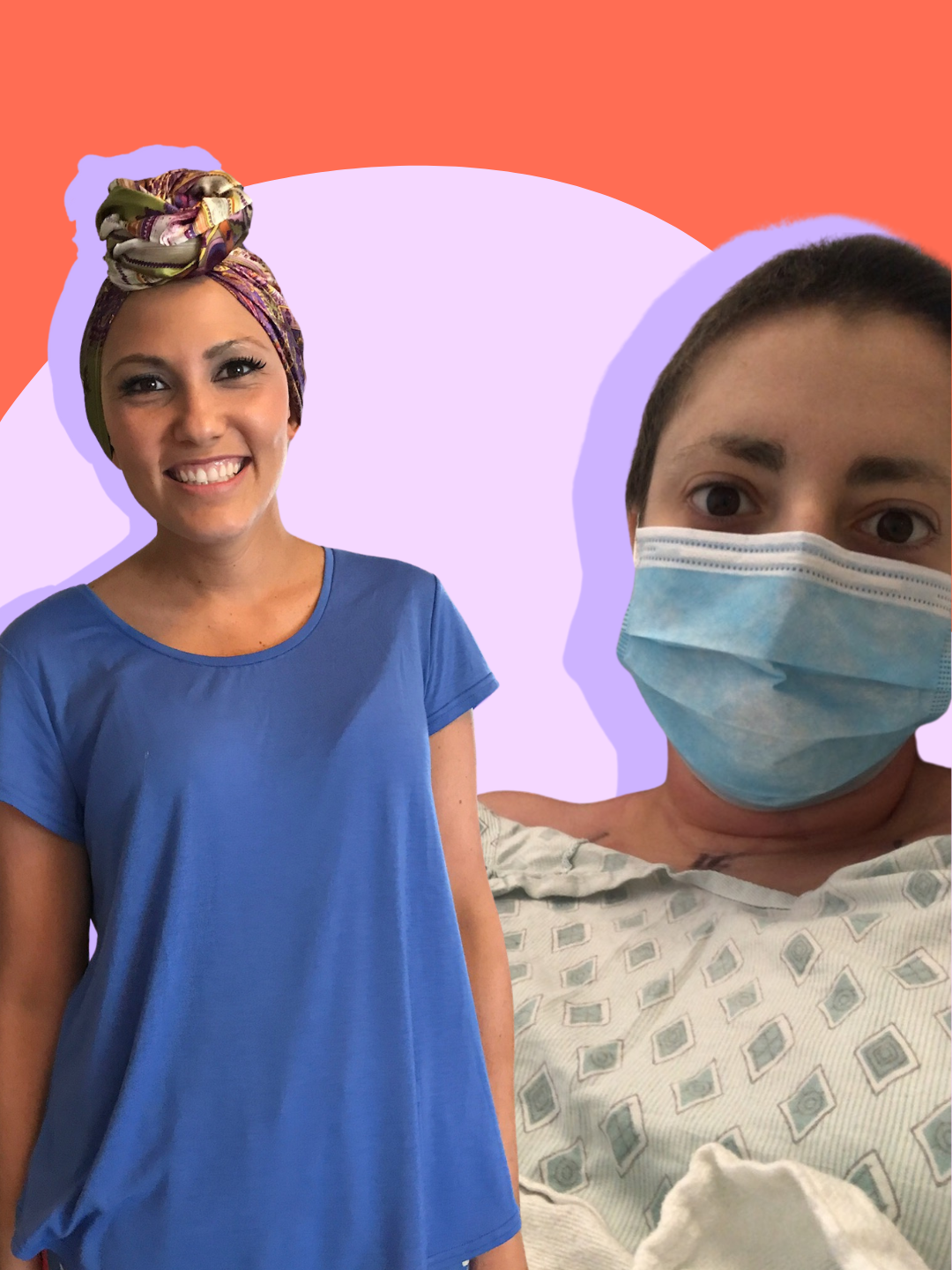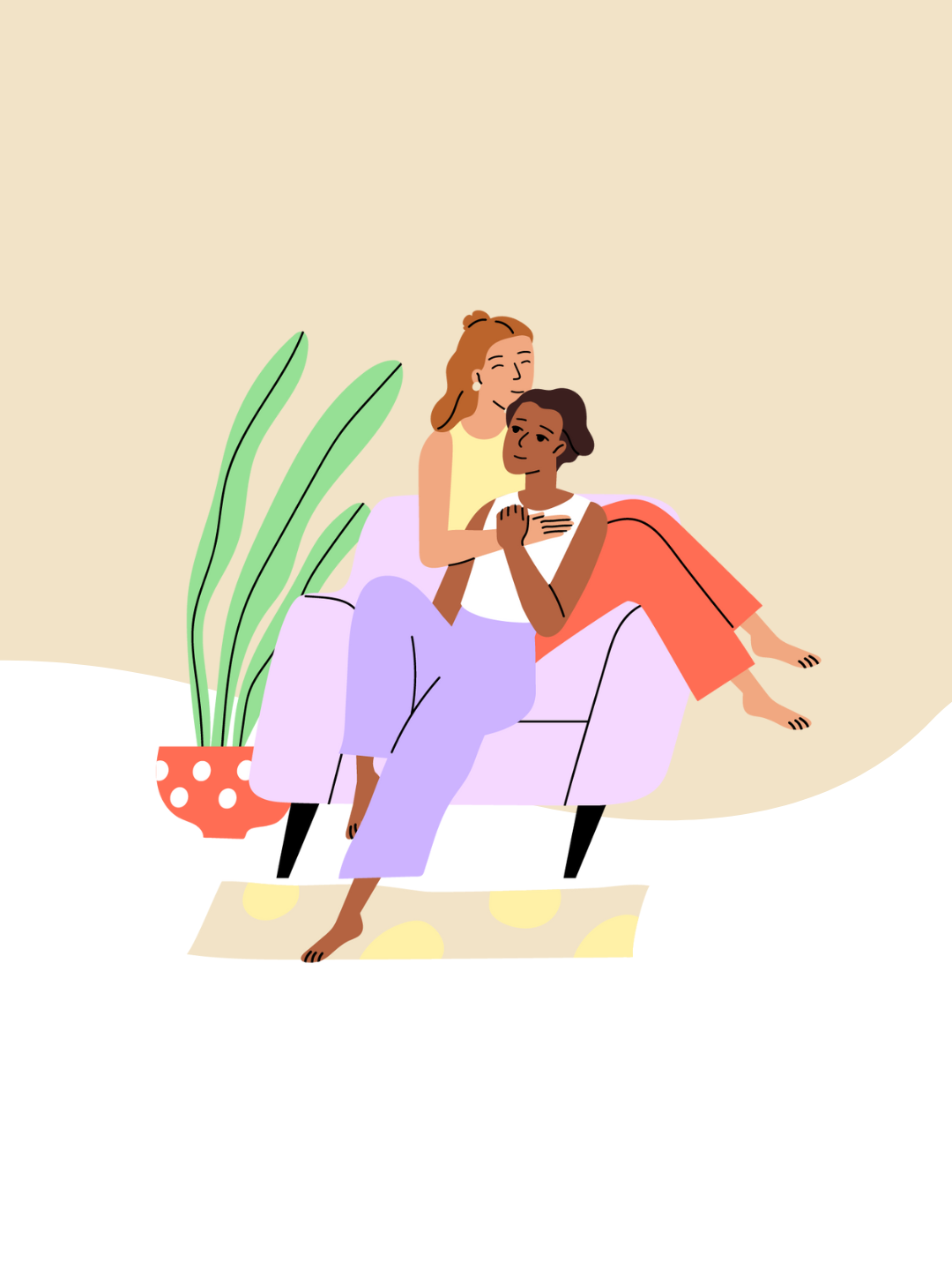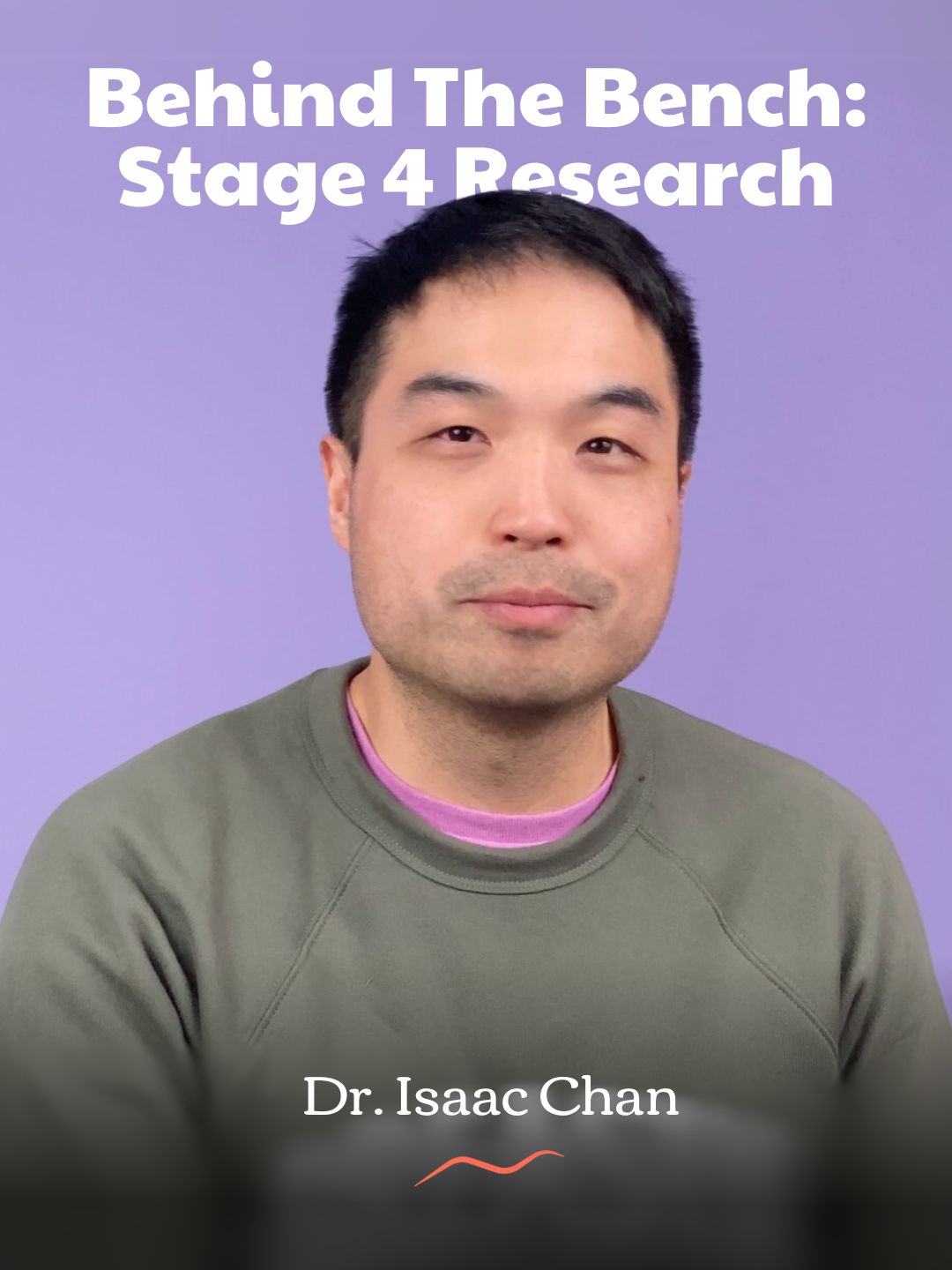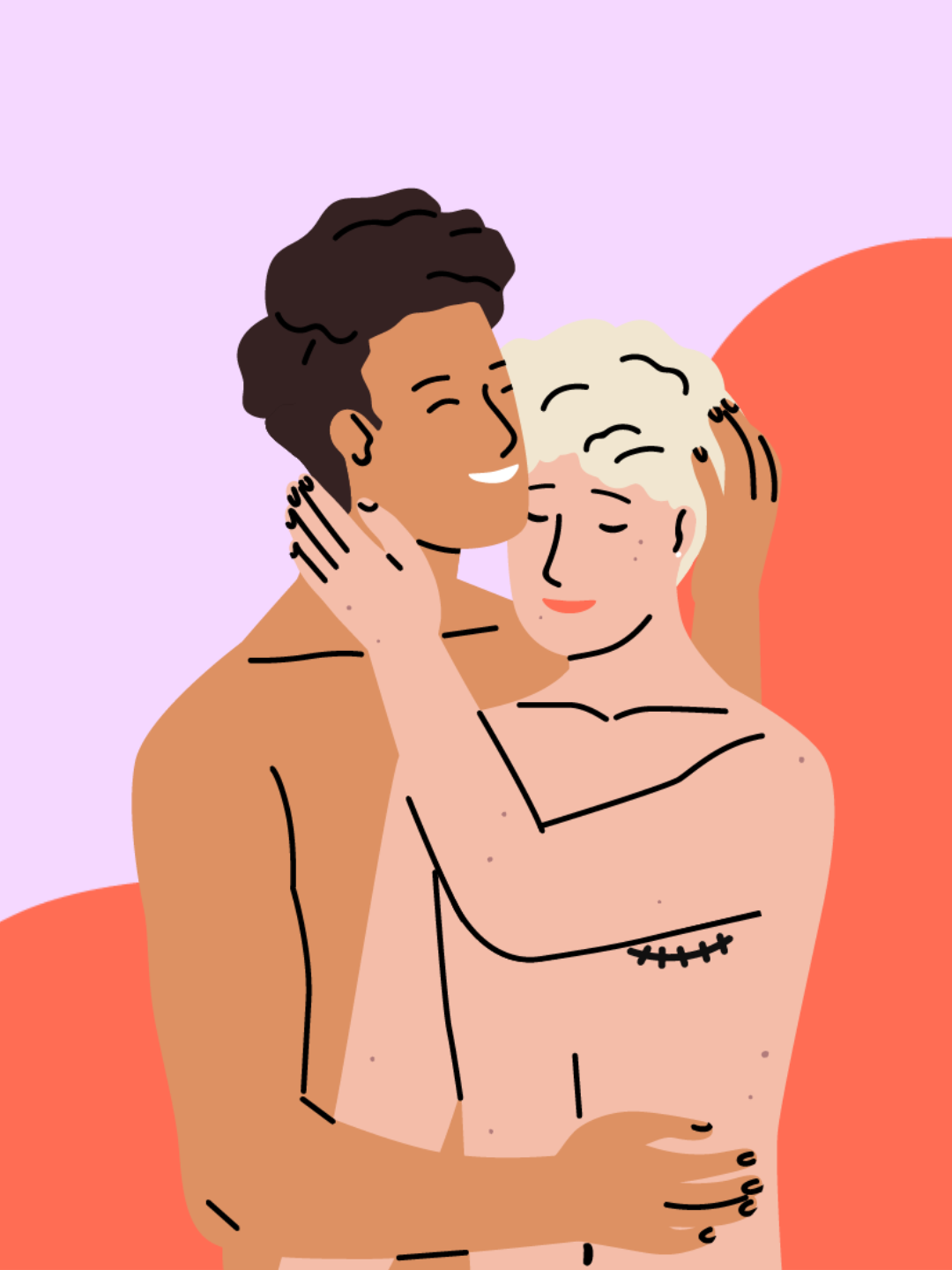How do I reflect on 15 years of fighting breast cancer? There are moments that linger in your mind long after they’ve passed, like a soft melody that plays on repeat, reminding you of where you’ve been. Sometimes, I think about the woman I was before that October day in 2009—the day the word cancer entered my life. It was just a word, a possibility you hear about but never expect to collide with. I could not immediately attach to this word because it was not for me a 36-year-old Latina.
“It’s a disease that only impacts older white women. I can’t leave my children,” so I thought. Yet, when I came face-to-face with breast cancer, everything shifted in ways I couldn’t have imagined.
I was postpartum with my daughter, just beginning the delicate dance of motherhood again, when my world stopped. I did not feel a lump, instead it was fatigue and torso tenderness that was masked by what doctors called mastitis. I looked at the world wide web to see what would pop up.
We don’t talk about breast health in our culture or family, yet I knew something was wrong with my breasts. My OB-GYN turned me away four times and sent me home with antibiotics.
“Doctor, could this be breast cancer? May I please have a mammogram," I finally spoke up. I can still feel the weight of the pink packet they gave me filled with breast cancer pamphlets and pink ribbons.
“It’s stage one invasive lobular breast cancer,” My doctor’s crackled soft voice echoed.
But no words, however softly spoken, could prepare me for the reality that my life, my children’s lives, and my body, would never be the same again.
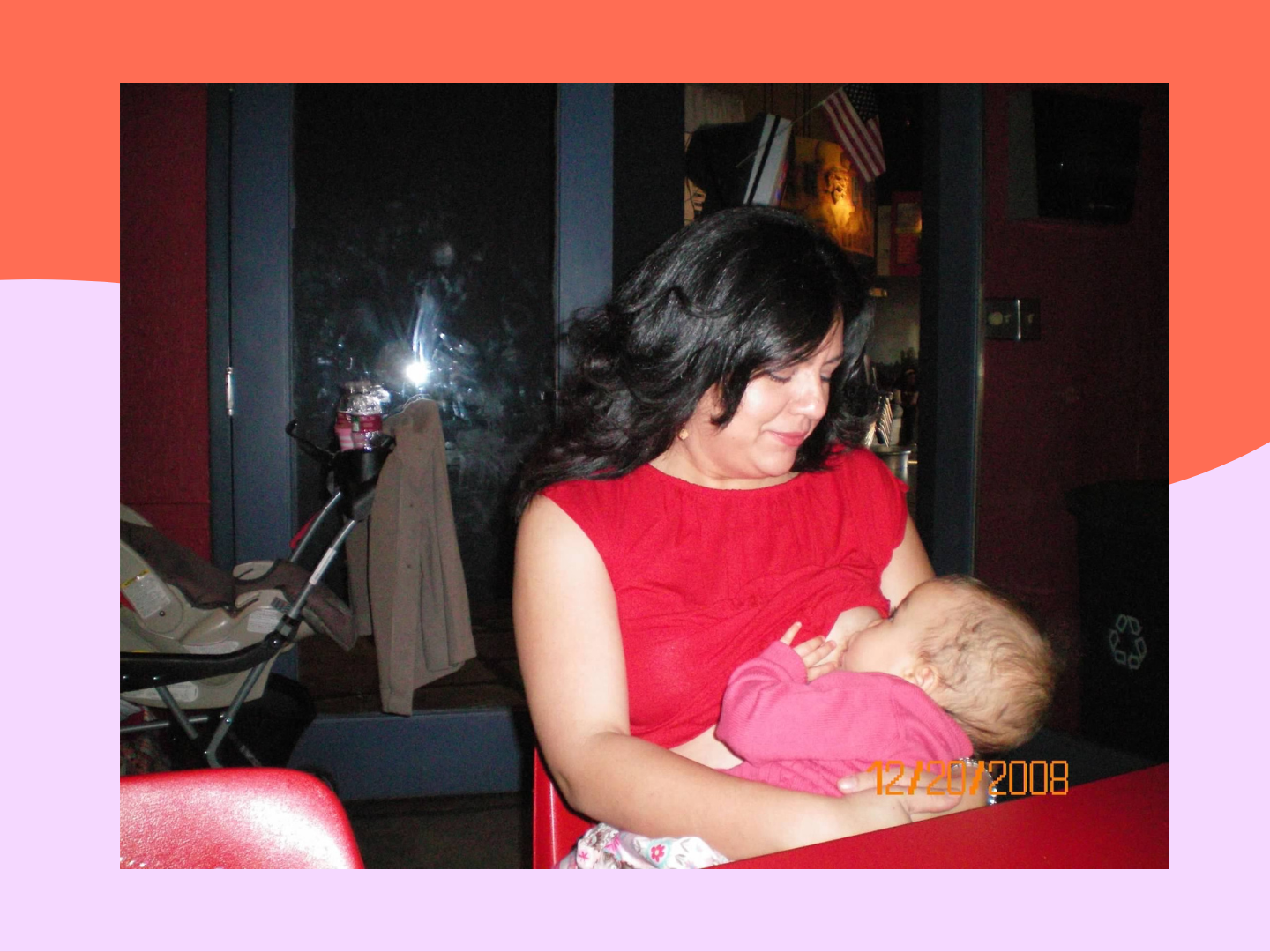
My Mother's Breast Cancer Diagnosis
I think about my mother. She, too, faced breast cancer a decade after me, though her battle was different. She was diagnosed with stage two breast cancer. Despite our similar diagnoses and despite the odds, her outcome was different. I believe it's because of the lack of access to comprehensive care, delayed care, limited support services, limited financial support, and the gaps in insurance.
It shed light on something I knew nothing about. Latinx Breasties have to fight systemic gaps, including language barriers and cultural biases, and overall access to comprehensive care. It was maddening I could not save my mama.
I remember her quiet strength though, the way she faced each day with a determination that spoke volumes, even though she didn’t always have the same resources I did. I’ve been so fortunate to have access to superb medical care.
The irony isn’t lost on me: that in the same year, two weeks apart in October 2019, both of us sat in the kitchen table as we faced advanced cancer, but only one of us had the chance to keep going. It’s so ironic that breast cancer battles can look so different no matter the stage—two cancer patients can walk such parallel paths but end up in different places.
I can still see her face, the jewel shine in her eyes even when she was in pain, trying to shield me from the burden of her illness. She passed too soon; her fight cut short not just by cancer but by a system that didn’t value her as it should have.
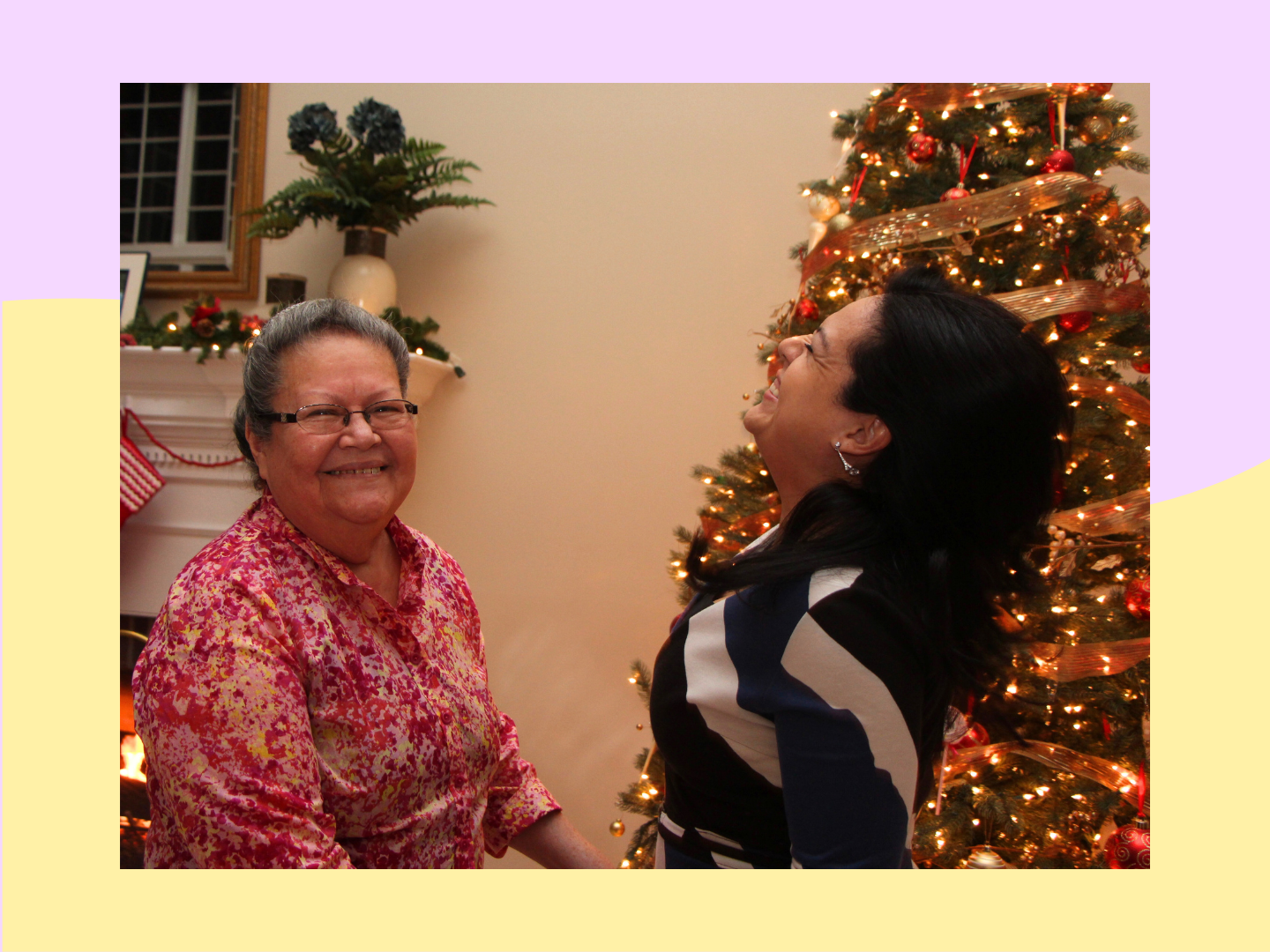
15 Years Living with Breast Cancer
15 years of battling cancer was at times slow and at times fast. Yet the most remarkable thing that now I see as I look back is the unequivocal power of my voice to advocate for myself, the godspeed advancement of science, and the power of community.
Science has advanced so much since I was diagnosed, to name a few, we have tailored radiation, immunotherapy, blood biopsies, over the muscle reconstruction that preserve nerves and sensation so that you can feel your loved ones again, and therapies that target cancer cells, in ways we could not have dreamed of 10 years ago.
Navigating Breast Cancer as a Mother
Still, even with the medical progress, fighting cancer is as much an emotional journey as it is a physical one. The hardest part, I think, has been navigating this as a mother. I remember, in the early days of treatment, watching my children play, their laughter filling the house, and feeling this deep, bittersweet ache. Not being able to hold my daughter due to a radiation blasted chest wall that caused lung damage and winded me after running after my energetic 8-year-old son.
I was grateful for the moments we shared, but always with the question hanging in the air: How many more of these moments will I get, when will the painful side effects subside
Will I get glimpses of who my children will be when they grow up?” I did not think it could happen, but I got to see it all.
But then, slowly, life began to reshape itself. I found strength in places I didn’t know existed. There were mornings when I woke up, exhausted from hormone blocker and chemotherapy treatment, and thought I couldn’t face another day.
But then I’d hear the fast patter of my now older kids running down the hallway, and suddenly, I’d remember what I was fighting for. My children—they’ve given me a reason to keep going, to hold onto hope even when the future felt uncertain.
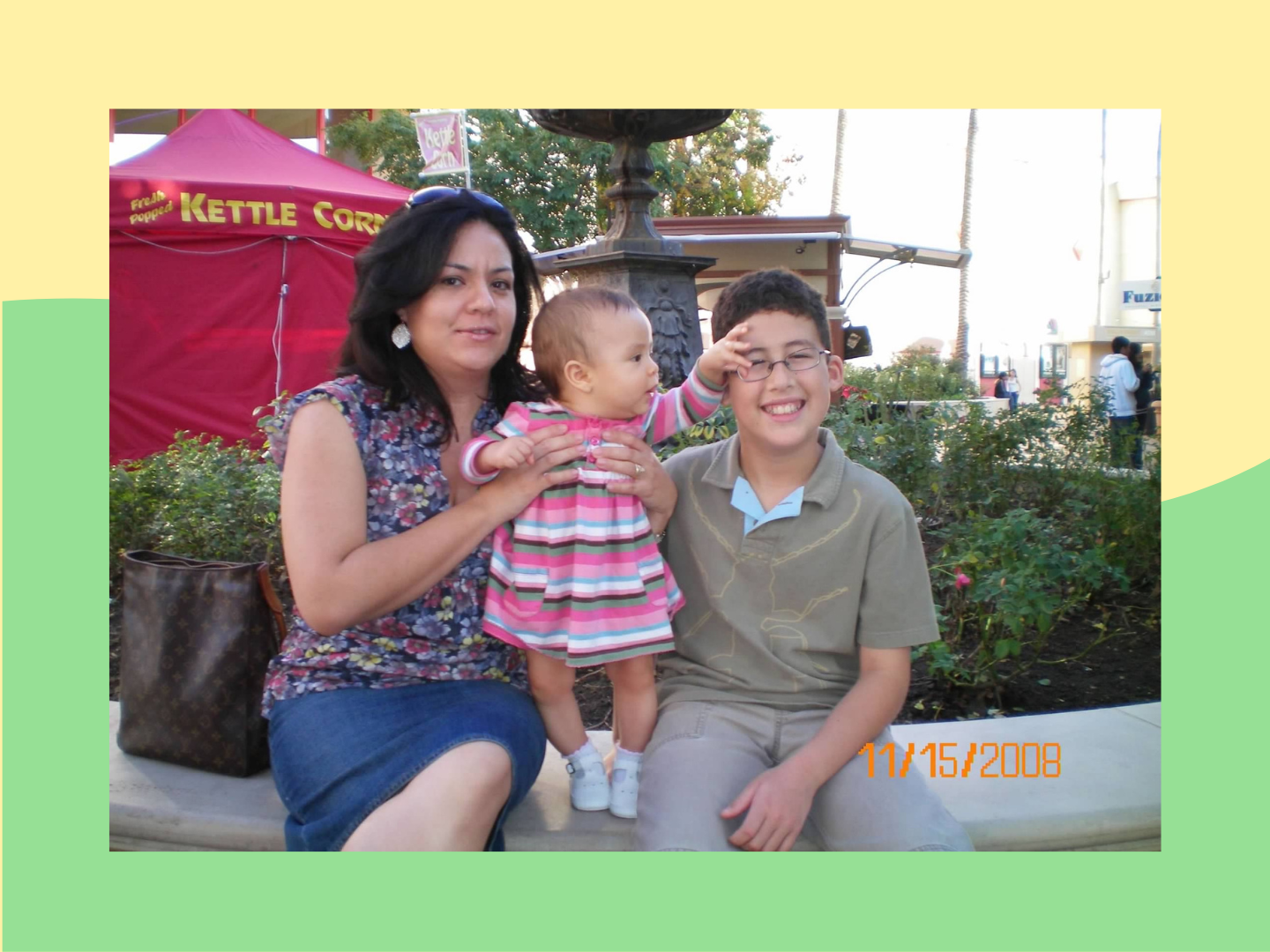
Rebuilding My Relationship with My Body
Through it all, I’ve learned to embrace self-care in ways I hadn’t before. Cancer changes your body, and with that, it changes the way you see yourself. There were times I looked in the mirror and hardly recognized the reflection staring back at me.
The scars, the hair loss, the physical toll—I had to rebuild my relationship with my body, piece by piece. And in doing so, I discovered a new kind of beauty, one that wasn’t defined by perfection but by resilience.
I found solace in being creative, photography, food and exercise, not as obligations, but as acts of love. I learned how nourishing my body with wholesome food could be a form of healing. How movement, even when slow and gentle, because the side effects of breast cancer treatment are painful yet invisible.
I have a newfound gratitude for my body because despite the side effects of breast cancer treatment the resolve to give it movement reminds me of the strength still inside of me.
Finding Support and Community
I do not fight alone; a lot of people have come alongside me at the right moment, and some have vanished. I have learned that this is okay. God has surrounded me with love—family, friends, and a breast cancer community who uplifts me and who I can care for in return—became a lifeline and caused my heart to beat again.
There’s a reciprocity in love, a give-and-take that, in the hardest times, gives me a reason to keep moving forward. Today this story is not my own and I fight with all the breast cancer fighters, thrivers, and previvors, caretakers, not only my children.
Now, when I think back on the years that have passed, there’s a softness to the memories.
The fear, the pain—they’re still there, but they’re framed by moments of grace, too.
Like the quiet mornings where I sip tea, feeling the warmth spread through my hands, and realize that despite everything, I’m still here. I’m still fighting. I’m still a mother. I’m still a Breastie. I’m still a friend. While cancer has taken so much, it has also given me an unexpected gift: the ability to use my voice to inspire other Breasties.
I know my mother is watching. My mother’s strength runs through me and I hope she can see that the legacy of her fight didn’t end with her. It continues in me, in every treatment, in every meal I prepare, in every hug I give to my loved ones.
Cancer may have touched our lives, but it hasn’t defined us. What defines us is the love we share, the strength we find within a powerful community, and the moments, small and fleeting, that remind us of the beauty in simply being alive.
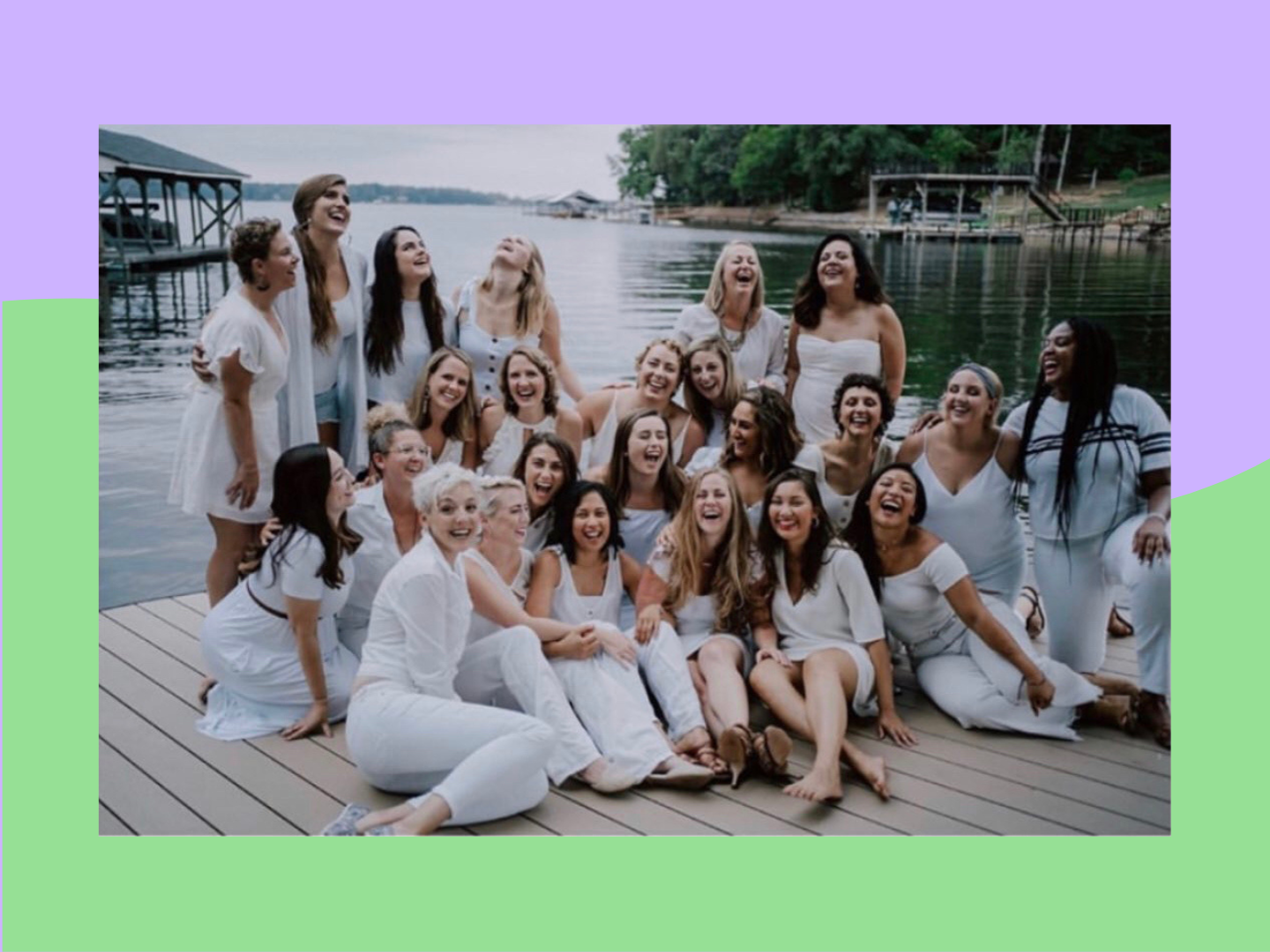
And so, I move forward, one day at time, with the quiet, enduring knowledge that while this journey of metastatic breast cancer is hard, it’s also full of opportunity. Holding on stronger than ever to that voice that advocated for myself 15 years ago and the power of having safe and important conversations within the breast cancer community.
In the spaces between the battles, there is still a lot of work to be done to level the disparities for Latinx Breasties and to advance scientific research particularly for; metastatic breast cancer, triple negative breast cancers, high-risk previvors, and survival rates and quality of life for Breasties across the board.
Karen Galo
Daughter of Edith
Mother of Eddie and Rachel
